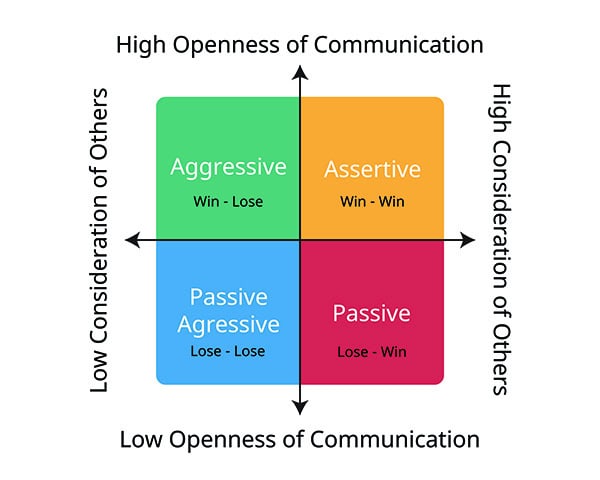Netflix Miniseries Mentions Rational Recovery
Posted on December 17, 2021
by Tom Horvath, PhD
In September 2021, Netflix released a seven-episode miniseries that mentions Rational Recovery (RR) as an alternative to Alcoholics Anonymous (AA) in episode II (starting in minute 46). Ironically, the mention of RR occurs in a very small (two-person) AA meeting. The pro-RR speaker is required to attend AA as part of parole, but he objects to AA’s powerlessness and God-centered approach. He prefers RR’s addictive voice recognition technique and the idea that he could take charge of his own behavior. In that AA meeting, he takes an extended moment to explain RR concepts and what he likes about them.
Miniseries Mentions Rational Recovery - The Significance
The significance of RR’s presence in Midnight Mass is that self-empowering approaches to resolving addictive ...
full story


